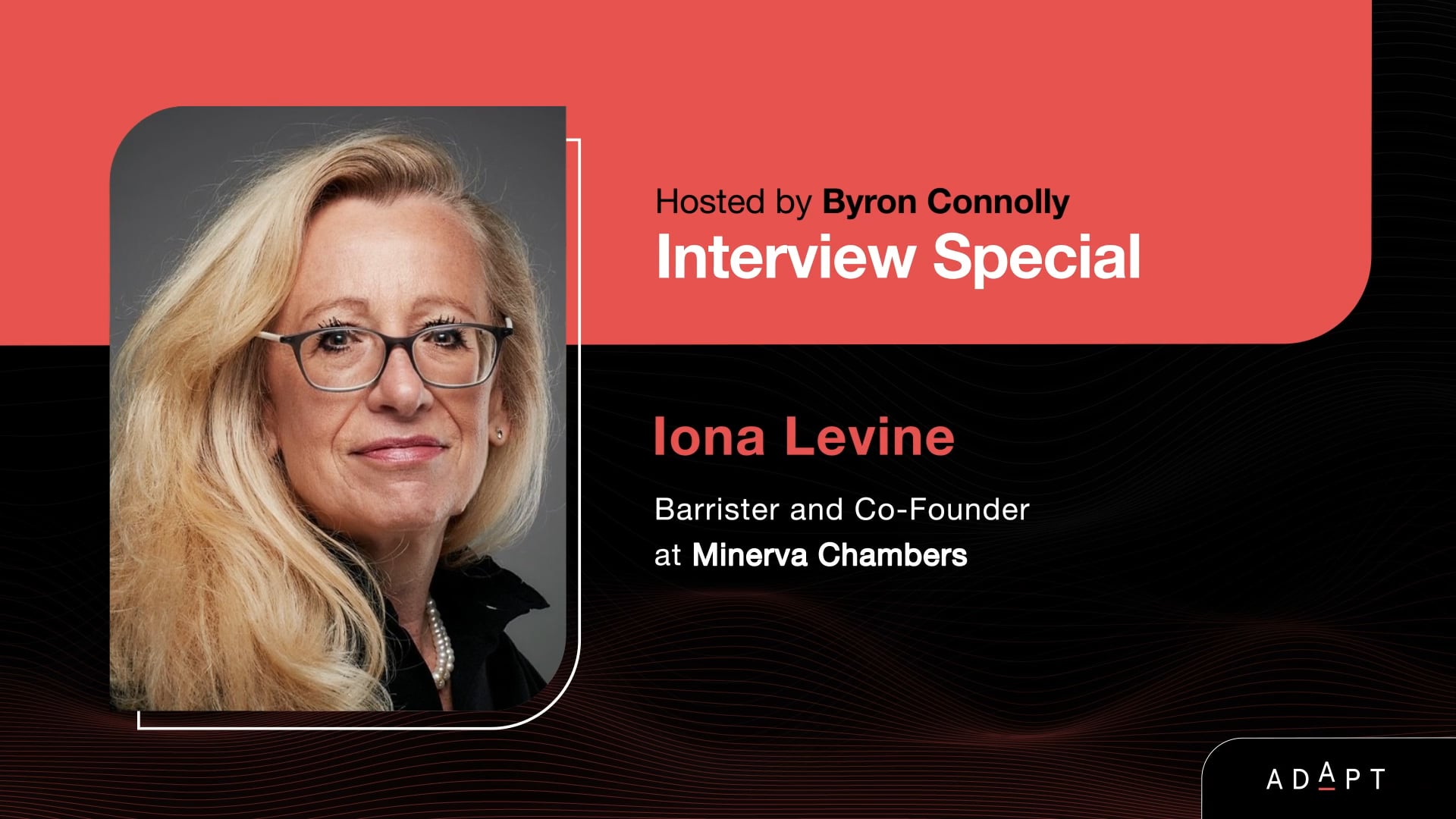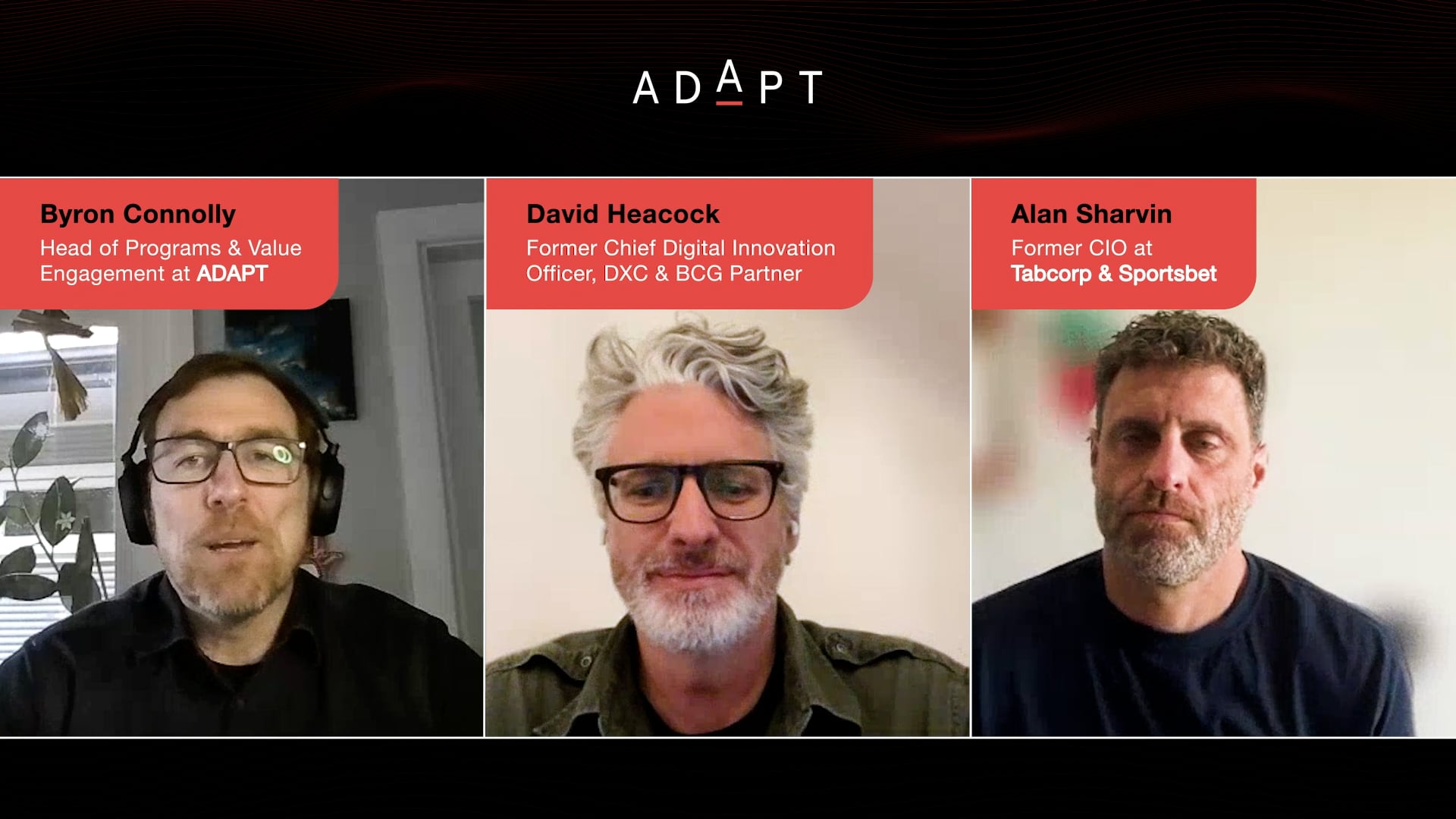In an interview with ADAPT’s Head of Programs & Value Engagement Byron Connolly, UK barrister Iona Levine discussed AI’s societal risks, job loss, and the need for global regulation.
The AI revolution is beginning to resemble The Hunger Games, with jobs disappearing across the knowledge economy.
Iona Levine, a UK-based barrister specialising in financial services law and regulation, and founding member of Minerva Chambers, warns that automation is reshaping society in ways governments are not ready for.
“Through my work in emerging markets for reconstruction and development banks, one of the things that has been really important in how to stabilise and build a democratic society [is that] you need a strong middle class, you really do,” Iona says.
“There won’t be a middle class because everybody’s going to be scrabbling for the same jobs.”
She describes AI’s disruption vividly:
“It’s a bit like where you put a tablecloth down and put lots of different glasses of water on it. Then, you pull the tablecloth to see if the glasses of water are standing. I’m afraid that this sort of AI revolution in society is going to mean that we rip the tablecloth away and spill lots of water.”
Iona adds that algorithms are already deciding “nobody over the age of 45 is worthy of an interview,” leaving many professionals excluded from work.
A call for global regulation
Iona argues that AI must be regulated globally to prevent widening inequality.
“It [regulation] needs to be intergovernmental and it needs to be global,” she says.
“Billionaires are becoming bigger billionaires, and the middle class is being decimated.”
She supports strong legal frameworks like the EU AI Act, saying:
“Let’s just get it right; we should not have to rely on our courts because what we really should have with laws is certainty. Everybody needs certainty – therefore, I am in favour of really regulating and I’m in favour of global-style regulation as well.”
Dismissing fears that regulation stifles innovation, she adds, “Anybody who is saying that is probably the one who wants to sell it.”
Balancing jobs and prosperity
Iona suggests that as AI reshapes the economy, governments should adopt a “one-in, one-out” jobs policy to maintain balance. “Let’s see if this works…if there’s real transparency,” she says.
If that fails, she believes displaced workers must be compensated.
“The biggest growth area in the UK is crime. Why? Because people can’t get a job so that already destabilises society. So, how do we roll it back and give people real jobs?”
She argues that citizens should share in AI’s wealth:
“If there are benefits, let’s redistribute it. Let’s not give it to the billionaires who don’t need any more money.”
AI in law: promise and caution
Read our full interview with Iona Levine for more on AI’s societal impact, global regulation, and why she believes the middle class is at risk.






























